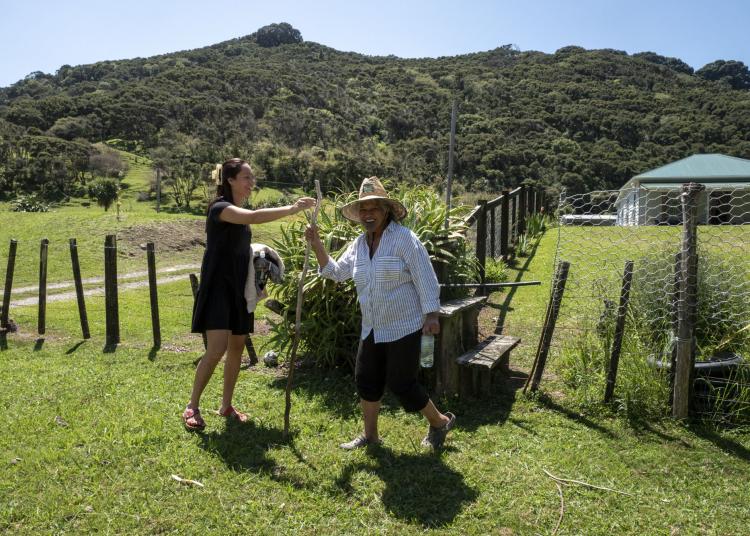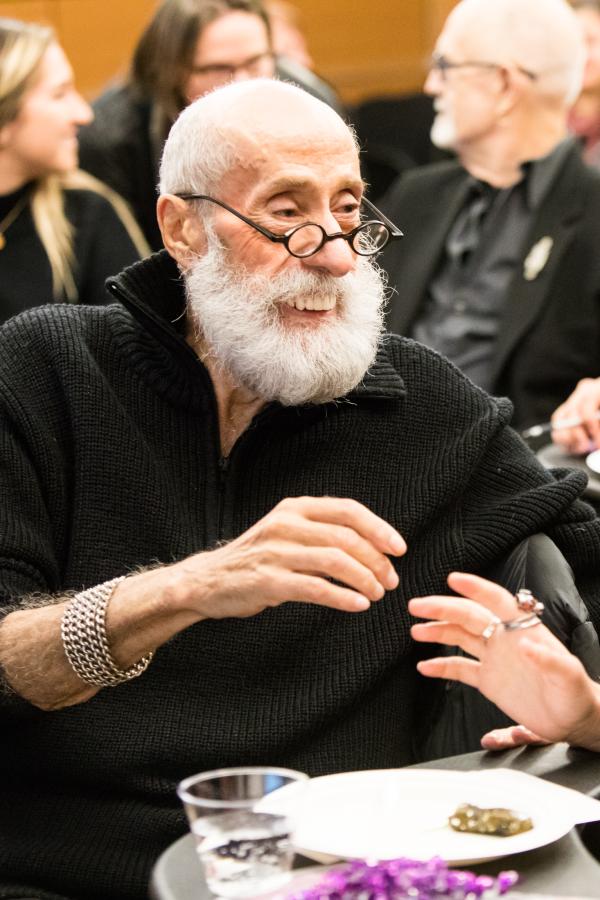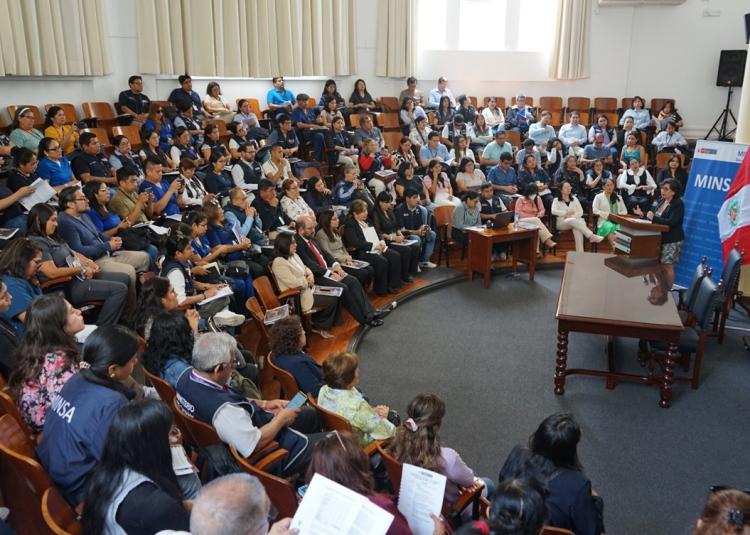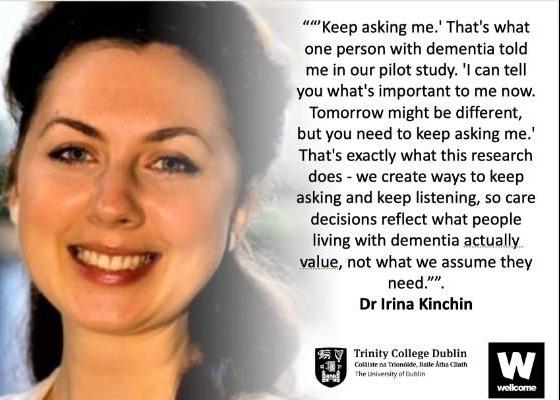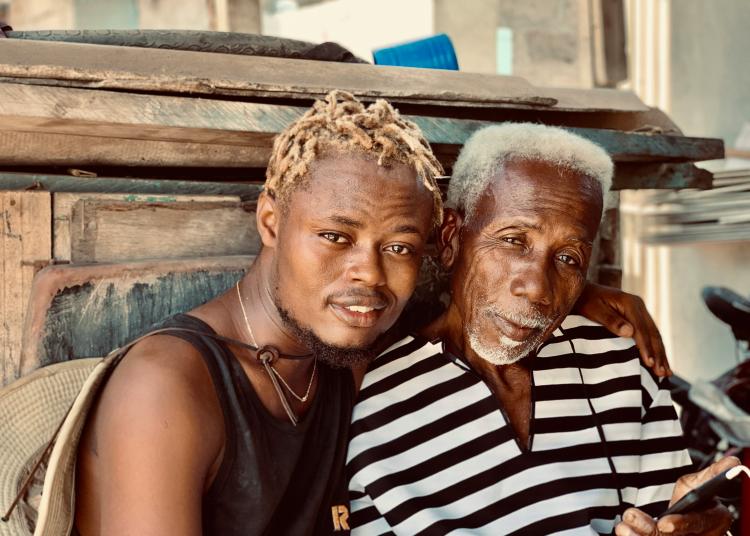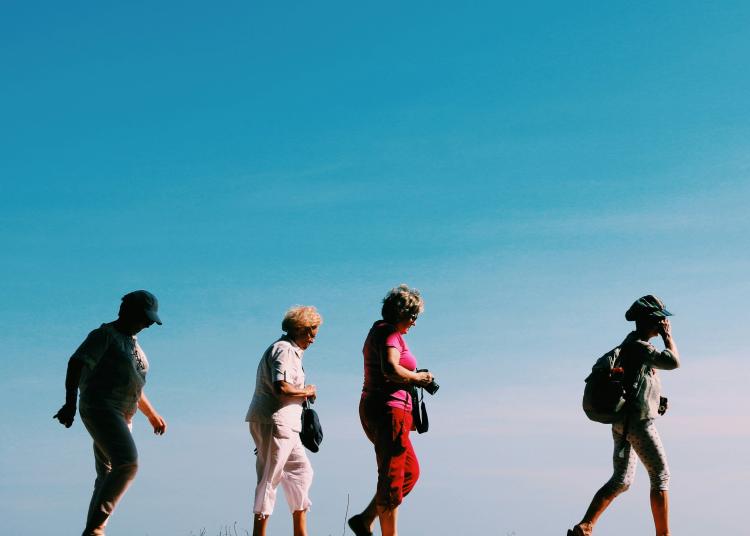Overview
The Global Brain Health Institute (GBHI), the Alzheimer’s Association, and Alzheimer’s Society (UK) aim to support emerging leaders in brain health, aging, and dementia by funding small-scale pilot projects, activities, and/or studies to advance skills, knowledge, activities, and general efforts to delay, prevent and/or mitigate the impact of dementia. The goal of these awards is to both support leadership development of the awardee and to advance pilot projects that improve outcomes in brain health. The program prioritizes activities that demonstrate the potential to evolve into larger regional projects, especially those that use an evidence-based approach to identify, direct change and/or improve care for those with dementia.
Dementia is a pressing global health issue. These pilot projects are important as a first step to advance scientific knowledge in the effort to delay or prevent Alzheimer’s and other dementia, as well as to improve care and quality of life for persons living with the disease.
Impact
Since the program was established in 2017, 184 pilots across 48 countries and administrative regions have been awarded a total of $4.6 million.
Funded pilot projects range from advocacy to systems change to applied research and are addressing challenges with access to care, stigma, social determinants of brain health, education, and more.
Pilot awardees have secured a total of $136.5 million in funding, with $17.4 million in leveraged funding directly expanding and supporting their pilots. Indicators of impact and success also include 166 publications in leading journals, presentations at 127 distinct conferences, with 22 pilots receiving media coverage from 98 diverse media outlets.
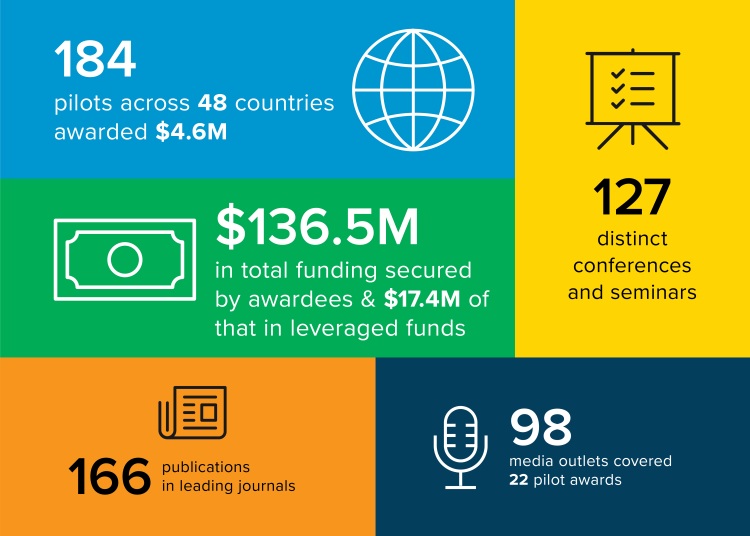
Developing an intergenerational music and movement program and video in Colombia
In Colombia, families facing early-onset Alzheimer’s disease endure hardships worsened by social disparities. Correa Lopera aims to foster resilience through art’s therapeutic potential, especially music and movement. Collaborating with the Neuroscience Group of Antioquia, she will offer workshops using the Orff-Schulwerk method for families affected by Alzheimer’s and socioeconomic challenges. By embracing art as a means of expression and connection, the project aims to alleviate the burden of Alzheimer’s and empower families amidst adversity.
“Art offers a lifeline for families affected by Alzheimer’s disease, bridging divides and fostering resilience in the face of adversity.” – Cathy Correa Lopera, Music and Movement Educator, Atlantic Fellow for Equity in Brain Health
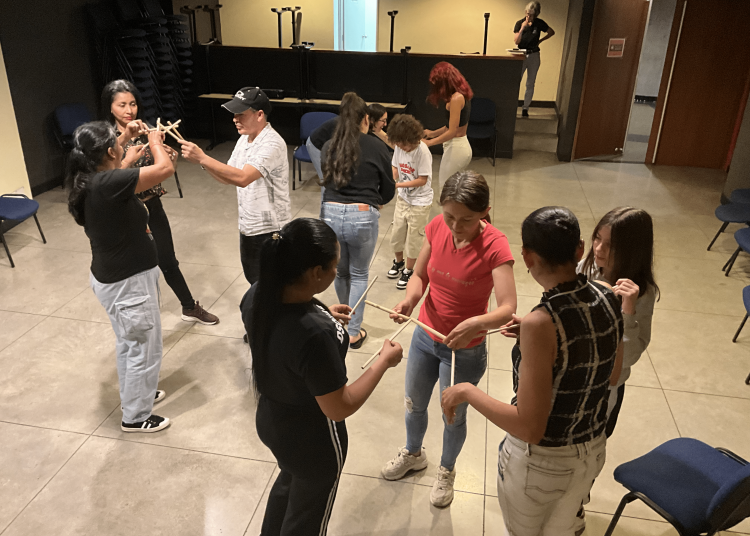
Introducing a sensitive, computerized cognitive testing tool for early dementia diagnosis in Ethiopian primary care settings
In sub-Saharan Africa, aging-related issues like Alzheimer’s disease are rising due to urbanization, economic growth, and longer lifespans. Ethiopia’s elderly population is set to double by 2040, yet national policies haven’t addressed this. Zewde’s project aims to adapt and validate the Brain Health Assessment (BHA) tool for Ethiopia's aging population. The project involves translating BHA into Amharic, testing it with older adults, and refining it before developing software to provide an efficient method for early dementia diagnosis.
“Our aim is to introduce a tool that empowers clinicians to detect dementia early, benefiting Ethiopia’s aging populations.” — Yared Zewde, Neurologist, Atlantic Fellow for Equity in Brain Health
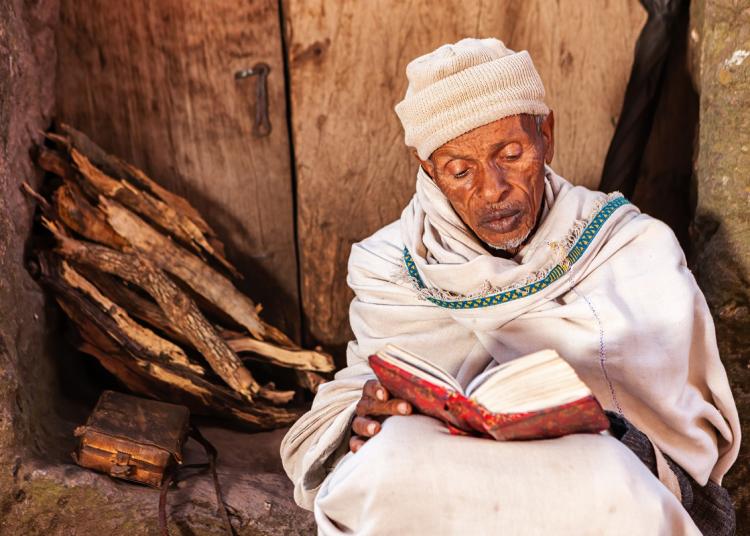
Investigating and raising awareness of links of climate change and brain health
The pilot project in Aotearoa/New Zealand examines how climate change, social factors, and brain health intersect for older Māori. Climate impacts like extreme weather and coastal erosion affect healthy aging. Māori perspectives will shape research co-conducted with Natasha Tassell-Matamua and Ariana Apiti from Massey University. Through storytelling, supported by Atlantic Fellow Alex Kornhuber, the project aims to raise global awareness and envision holistic public health interventions promoting sustainable living and brain health.
“Our research sheds light on how growing old in a changing climate affects health and wellbeing, amplifying voices of older Māori and inspiring action.” – Susanne Röhr, Psychologist, Epidemiology & Public Health Researcher, Atlantic Fellow for Equity in Brain Health
